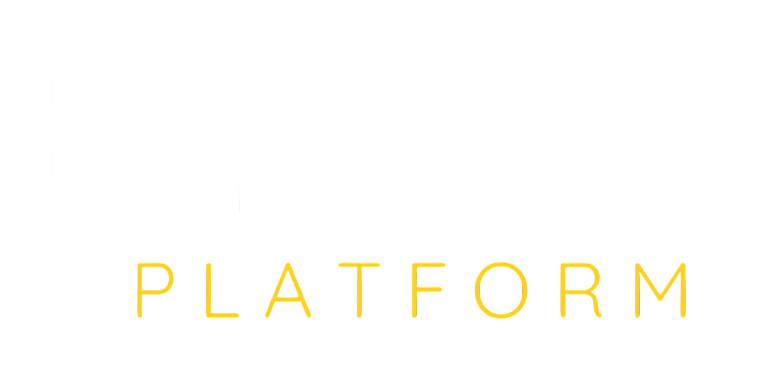
What Is a Content Management System (CMS) and Why It Matters
7/22/2025
In today's digital-first world, websites are more than just digital brochures they're dynamic platforms that need to be updated, optimized, and maintained regularly. But managing a website manually, line by line of code, isn't practical for most businesses. That's where the question arises: what is a content management system, and why has it become essential to modern web development?
Let's break it down in simple, practical terms so you can understand what a CMS is, how it works, and how it can empower your team regardless of technical skill level.
What Is a Content Management System?
A content management system (CMS) is software that allows you to create, edit, manage, and publish digital content especially for websites without needing to write code from scratch. It serves as a user-friendly interface between you and your website's backend, making web content easy to handle even if you're not a developer.
Popular CMS platforms include WordPress, Drupal, Joomla, and newer headless options like Strapi and Sanity. Whether you're managing a blog, eCommerce store, or corporate site, a CMS helps keep your content organized, accessible, and up to date.
In short, if you're wondering what is a content management system, it's your shortcut to publishing and maintaining web content efficiently.
How Does a CMS Work?
Most content management systems have two main parts:
-
Content Management Application (CMA) – This is the part you interact with. It lets you add blog posts, upload images, edit pages, and more all through a visual dashboard.
-
Content Delivery Application (CDA) – This is what happens behind the scenes. It takes the content you create and makes it visible on the live website.
When you hit "publish," the CMS handles the technical work converting your input into structured, styled, and searchable content for users and search engines.
Why Use a Content Management System?
Now that we've answered what is a content management system, let's explore why it's the go-to choice for modern businesses:
1. No Technical Expertise Required
You don't need to know HTML, CSS, or JavaScript to use a CMS. The interface is intuitive, often as easy as using a word processor. This means your marketing, sales, or operations teams can independently update website content without waiting on developers.
2. Speeds Up Content Publishing
A CMS removes friction from the publishing process. Want to launch a blog post, update your About page, or swap out a product image? With a CMS, it takes minutes not days.
3. Enables Collaboration
Multiple users can log in to the CMS, each with different access levels. Writers, editors, and designers can work in the same system simultaneously, with clear workflows and version controls.
4. Optimized for SEO and Performance
Most CMS platforms come with SEO features built-in or available through plugins. You can easily edit meta tags, generate sitemaps, compress images, and structure your URLs features that are essential to boosting your website's visibility in search engines.
Different Types of CMS Platforms
There are several types of content management systems, each suited to different needs:
-
Traditional CMS (e.g., WordPress, Joomla) – Great for small to medium businesses that need full control over content and design.
-
Headless CMS (e.g., Strapi, Contentful) – Best for developers who want to deliver content across multiple platforms (web, app, IoT).
-
eCommerce CMS (e.g., Shopify, Magento) – Designed to manage product pages, transactions, and customer experience.
Choosing the right CMS depends on your business model, technical resources, and content strategy.
When Should You Use a CMS?
If your website requires frequent updates, dynamic content, or multiple contributors, a CMS is a must. It's especially useful for:
- Blogs and media sites
- SaaS and product-based businesses
- Agencies with multiple clients
- Online stores and membership portals
Even if you're building a portfolio or personal brand, understanding what is a content management system gives you the tools to grow without relying entirely on developers.
Final Thoughts: What Is a Content Management System and Why You Need One
To wrap it up, a content management system is the backbone of modern digital content. It bridges the gap between tech-savvy developers and non-technical users, making it possible for anyone to run and grow a website efficiently.
Whether you're launching a new business or scaling an established one, using a CMS is one of the smartest ways to ensure your digital presence remains flexible, fast, and future-proof.
Build Better, Publish Faster With Bytes Platform
At Bytes Platform, we help businesses choose and customize the right CMS for their needs. Whether you need a lightweight blogging platform, a headless solution for app delivery, or an enterprise-level setup with full integrations we've got you covered.
Get in touch today to discuss your content goals and let us help you build a CMS-powered site that scales with your business.
Related Articles

7 Digital Marketing Trends in 2026: What Businesses Must Know to Stay Ahead
7 Digital Marketing Trends in 2026

8 SEO Trends for 2026: A Complete Guide to Staying Ahead in Search Rankings
8 SEO Trends for 2026

Top 5 Mobile App Development Trends 2026: A Complete Guide for Businesses
Top 5 Mobile App Development Trends

